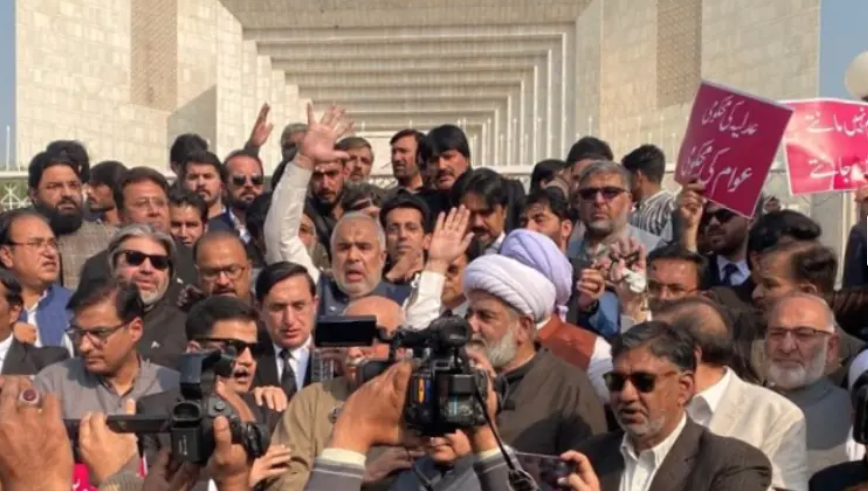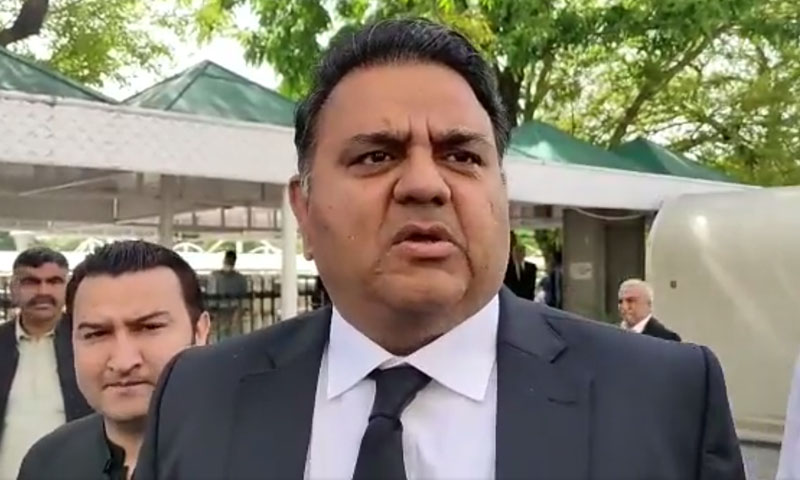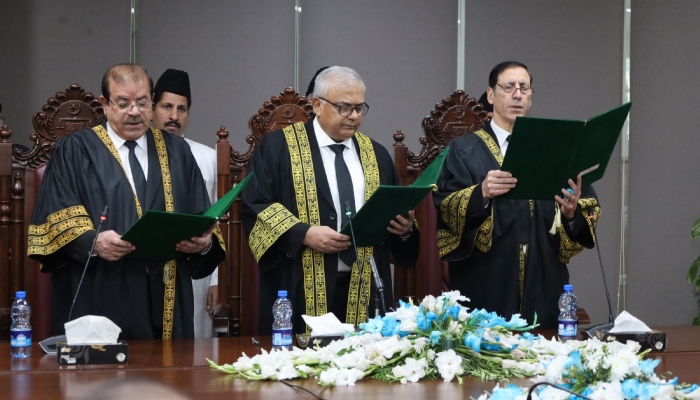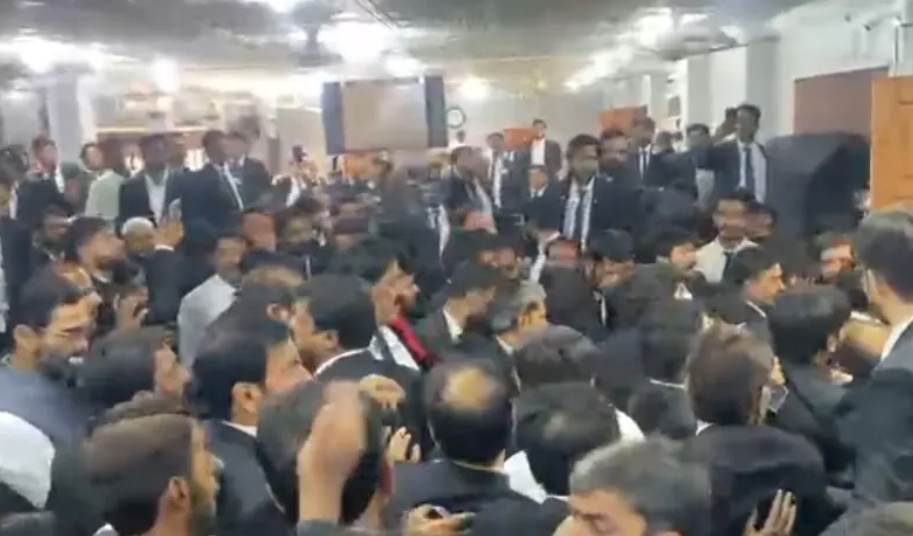LEGAL
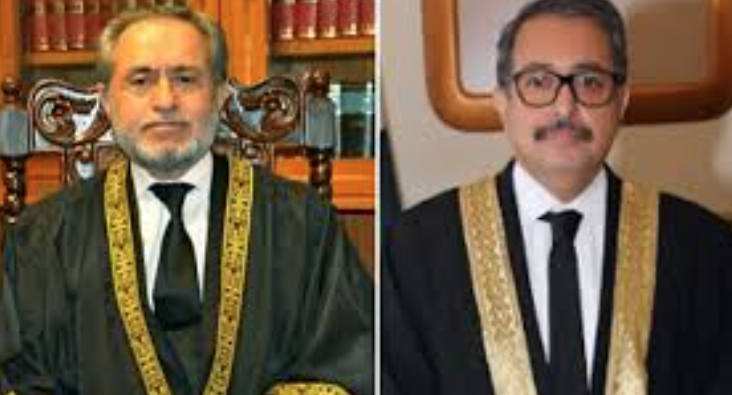
Pakistan’s top constitutional and statutory judicial bodies have been reconstituted following the passage of the 27th Constitutional Amendment, leading to significant changes in the Supreme Judicial Council (SJC), Judicial Commission of Pakistan (JCP), and the Supreme Court’s Practice and Procedure Committee.
A press release issued by the Supreme Court (SC) on Tuesday confirmed the restructuring, stating that the bodies had been reorganised “in accordance with the revised constitutional framework” to align with the new amendment.
Justice Mandokhail Joins SJC and Practice Committee
Justice Jamal Khan Mandokhail, now the second-most senior judge of the Supreme Court, has been included in both the SJC and the Practice and Procedure Committee. His nomination was jointly made by Chief Justice of Pakistan (CJP) Yahya Afridi and Federal Constitutional Court (FCC) Chief Justice Aminuddin Khan.
The SJC — Pakistan’s top forum for judicial accountability — will now consist of:
- CJP Yahya Afridi
- FCC CJ Aminuddin Khan
- Justice Jamal Khan Mandokhail
- Justice Munib Akhtar (SC)
- Justice Syed Hassan Azhar Rizvi (FCC)
- LHC CJ Aalia Neelum
- IHC CJ Sardar Muhammad Sarfraz Dogar
Under the 27th Amendment, the SJC will be chaired by the senior-most judge between the CJP and the FCC chief justice, which means CJP Yahya Afridi will continue to head the body.
Justice Mandokhail has also been added to the SC Practice and Procedure Committee, now comprising the CJP, Justice Munib Akhtar, and Justice Mandokhail. His elevation follows the resignation of senior puisne judge Justice Mansoor Ali Shah, who stepped down hours after the amendment was enacted.
Justice Aamer Farooq Added to JCP
The press release further stated that Justice Aamer Farooq, the second-most senior judge of the FCC, has been jointly nominated by the heads of the SC and FCC as a member of the Judicial Commission of Pakistan.
With the latest changes, the JCP now includes:
- CJP Yahya Afridi
- FCC CJ Aminuddin Khan
- Justice Munib Akhtar (SC)
- Justice Syed Hassan Azhar Rizvi (FCC)
- Justice Aamer Farooq (FCC)
- Attorney General Mansoor Usman Awan
- Law Minister Azam Nazir Tarar
- PBC representative Ahsan Bhoon
- Two MNAs
- Two Senators
- A woman or non-Muslim nominated by the NA speaker
According to the SC, the reconstituted bodies will play a “central role in accountability, judicial appointments, and procedural governance” under the newly amended constitutional system.
Judiciary Under Transition After 27th Amendment
The reconstitution follows the contentious 27th Amendment, which triggered major structural changes in the judiciary, including the creation of the Federal Constitutional Court. Critics — including former judges, senior lawyers, and constitutional scholars — have warned that the amendment effectively reduces the Supreme Court’s constitutional authority, shifting key functions to the FCC.
The political opposition also voiced strong objections during the parliamentary process.
Just hours after the amendment became law on November 13, two Supreme Court judges — Justice Athar Minallah and senior puisne judge Justice Mansoor Ali Shah — resigned in protest, citing concerns over its implications for judicial independence.
International Commission of Jurists Raises Concerns
The International Commission of Jurists (ICJ) also expressed reservations, warning that the amendment dilutes the Supreme Court’s role.
According to the ICJ, the SC previously exercised all constitutional interpretive functions that have now been transferred to the FCC, effectively making the SC an appellate body for non-constitutional matters.
The ICJ further criticised the appointment process for the first batch of FCC judges, noting that they will be appointed by the president on the prime minister’s advice, without clear criteria guiding these appointments. Future judges will be recommended by the JCP, while the FCC chief justice will be selected by a special parliamentary committee.
The ICJ statement added that placing FCC judges in the SJC and JCP raises additional concerns about judicial independence under the new structure.

